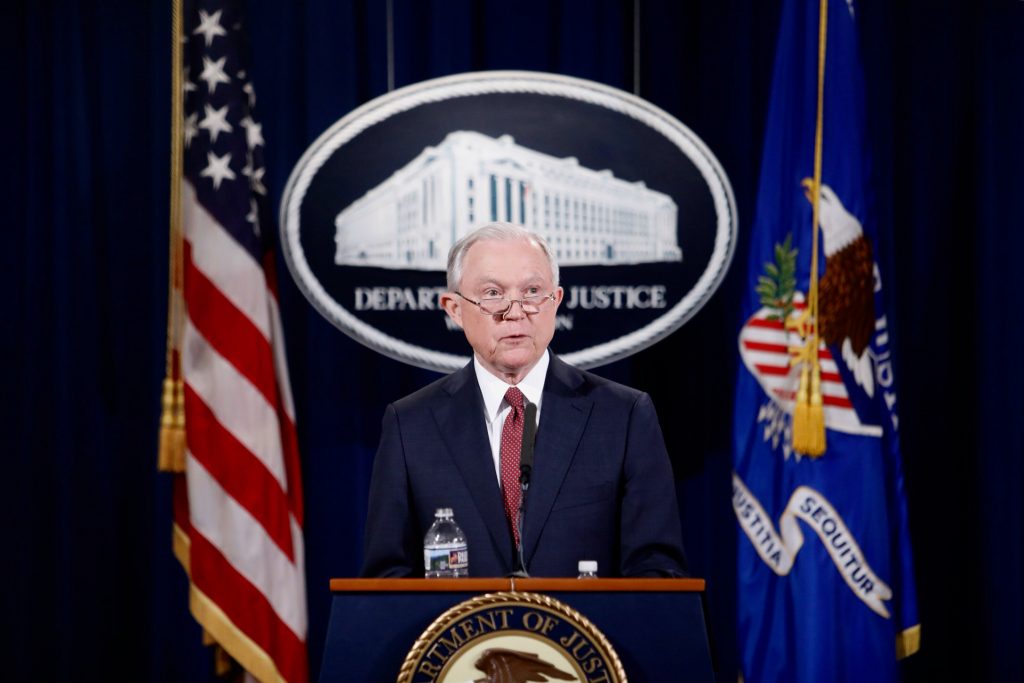That decision was subsequently upheld by the Fifth Circuit and by a tied U.S. Supreme Court in 2016. Sessions pointed to that case in his letter to DHS as evidence DACA would not withstand legal threats.
Lawsuits on the Horizon
Within hours of the decision Tuesday, lawyers from the National Immigration Law Center, known as NILC, filed a letter in an ongoing case in the Eastern District of New York explaining their intent to file an amended complaint to address the termination of DACA. Attorneys general Xavier Becerra of California, Bob Ferguson of Washington and Eric Schneiderman of New York also threatened legal action, though it’s still unclear what the legal framework of those lawsuits could be.
The lawyers for NILC, along with a team from the Jerome N. Frank Legal Services Organization at Yale Law School and advocacy group Make The Road New York, wrote in their letter that the decision to rescind DACA violated the Administrative Procedure Act because the government did not offer a “reasoned explanation” for rescinding the policy.
They also claim the termination was motivated by the president’s racial animus toward Latinos, evidenced by his public statements, and therefore violated the equal protection component of the Fifth Amendment’s Due Process clause.
Constitutional Claims
Scholars said it’s difficult to predict how courts would rule on the Fifth Amendment argument. Anthony Kreis, a visiting assistant law professor at the Chicago-Kent College of Law, said it’s a tough claim to prove.
“The animus argument, I think, is a fairly strong one but it is hard to predict how receptive courts will be to it,” Kreis said in an email. “It isn’t terribly clear the extent of what constitutional constraints there are on the government’s authority to regulate immigration, so it is anyone’s guess how this might turn out assuming Congress doesn’t take action.”
The Fifth Amendment argument echoes the one raised in ongoing litigation over the president’s travel ban executive order, scheduled for argument before the Supreme Court in October, several scholars pointed out. In that case, two circuit courts ruled the president’s comments about banning Muslim immigrants could plausibly be evidence Trump intended to discriminate based on religion.





